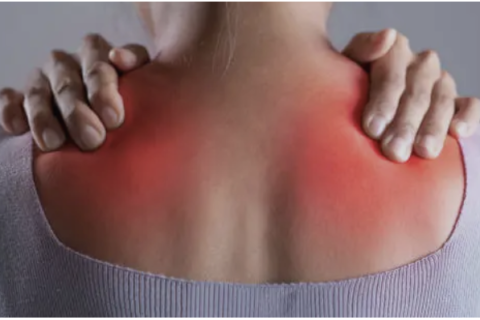What Is a Heart Attack?
A heart attack, medically known as a myocardial infarction (MI), occurs when blood flow to the heart is blocked, depriving it of oxygen and leading to the death of heart muscle tissue. This blockage is often caused by a buildup of fat, cholesterol, and other substances, forming plaques in the coronary arteries—a condition known as coronary artery disease (CAD).
A heart attack can be life-threatening, and recognizing the warning signs early can save a life. Understanding these symptoms allows for quick action, increasing the chances of survival and minimizing heart damage.
Common Signs of an Impending Heart Attack
Not all heart attacks come suddenly. Many people experience warning signs hours, days, or even weeks before the actual event. Here are some key symptoms to watch out for:
1. Chest Pain or Discomfort
- How it feels: Tightness, pressure, squeezing, or burning in the chest, often described as an “elephant sitting on the chest.”
- Location: Typically in the center or left side of the chest.
- Duration: Can last a few minutes or come and go.
2. Shortness of Breath
- May occur with or without chest pain.
- Can happen while resting or with physical exertion.
- You may feel like you can’t catch your breath.
3. Pain or Discomfort in Other Areas
- Pain may radiate to one or both arms, back, neck, jaw, or stomach.
- Women, in particular, may experience jaw or back pain instead of classic chest pain.
4. Cold Sweats
- Unexpected, excessive sweating, even in cool temperatures.
- Can be a sign of your body reacting to stress caused by reduced blood flow.
5. Nausea, Vomiting, or Indigestion
- May feel like heartburn, stomach pain, or a bad case of acid reflux.
- Often more common in women.
- Can occur with or without other symptoms.
6. Unusual Fatigue
- Feeling exhausted despite not doing much physical activity.
- A sudden drop in energy levels, lasting for days or weeks, can be a warning sign.
- More common in women than men.
7. Dizziness or Lightheadedness
- May feel like you’re going to faint.
- Can be caused by low blood pressure due to the heart struggling to pump blood.
How a Heart Attack Affects You
A heart attack can have serious, long-term consequences, such as:
- Heart Damage: The longer the heart muscle goes without oxygen, the more damage occurs, which can lead to heart failure.
- Arrhythmias (Irregular Heartbeat): Can cause palpitations or even cardiac arrest.
- Permanent Disability: Some individuals may experience weakened heart function, leading to difficulty in performing daily activities.
- Emotional and Psychological Impact: Many survivors experience anxiety, depression, or PTSD after a heart attack.
What to Do If You Experience Symptoms
If you suspect a heart attack, take immediate action:
-
Call Emergency Services (911 or local equivalent) immediately.
- Do not attempt to drive yourself to the hospital.
-
Chew an Aspirin (if not allergic).
- Aspirin helps thin the blood and improve circulation.
-
Stay Calm and Rest.
- Sit down, keep calm, and avoid physical activity.
-
Use Nitroglycerin (if prescribed).
- This medication can help relieve chest pain.
Preventive Measures
- Maintain a healthy diet rich in fruits, vegetables, and whole grains.
- Exercise regularly to keep your heart strong.
- Manage stress levels through meditation, yoga, or relaxation techniques.
- Quit smoking and limit alcohol consumption.
- Control blood pressure, cholesterol, and diabetes through medication or lifestyle changes.
Final Thoughts
Recognizing the early signs of a heart attack can save your life or the life of someone you love. The symptoms can vary between individuals, especially between men and women, so never ignore any unusual bodily changes. Seeking immediate medical attention is crucial in preventing severe complications.
If you or someone you know experiences any of these symptoms, don’t hesitate—call for emergency help immediately. A few minutes can make the difference between life and death.








